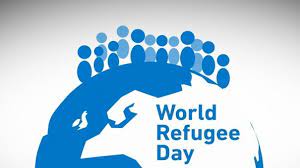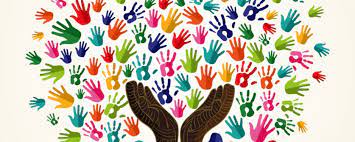 Reimagining Youth Skills Post-Pandemic
Reimagining Youth Skills Post-Pandemic
World Youth Skills Day 2021 will again take place in a challenging context due to the ongoing COVID-19 pandemic.
UNESCO estimates that schools were either fully or partially closed for more than 30 weeks between March 2020 and May 2021 in half the countries of the world. In late June, 19 countries still had full school closures, affecting nearly 157 million learners. And 768 million more learners were affected by partial school closures.
Respondents to a survey of technical and vocational education and training (TVET) institutions jointly collected by UNESCO, the International Labour Organization (ILO) and the World Bank reported that distance training had become the most common way of imparting skills, with considerable difficulties regarding, among others, curricula adaptation, trainee and trainer preparedness, connectivity, or assessment and certification processes.
ILO estimates show that globally, youth employment fell 8.7 per cent in 2020, compared with 3.7 per cent for adults, with the most pronounced fall seen in middle-income countries. The consequences of this disruption to the early labour market experiences of youth could last for years.
World Youth Skills Day 2021 will pay tribute to the resilience and creativity of youth through the crisis. Participants will take stock of how TVET systems have adapted to the pandemic and recession, think of how those systems can participate in the recovery, and imagine priorities they should adopt for the post-COVID-19-world.
Why is World Youth Skills Day important?
In 2014, the United Nations General Assembly declared 15 July as World Youth Skills Day, to celebrate the strategic importance of equipping young people with skills for employment, decent work and entrepreneurship. Since then, World Youth Skills Day events have provided a unique opportunity for dialogue between young people, technical and vocational education and training (TVET) institutions, firms, employers’ and workers’ organizations, policy makers and development partners. Participants have highlighted the ever-increasing significance of skills as the world is embarking on a transition towards a sustainable model of development.
 History of Women’s Day
History of Women’s Day


















